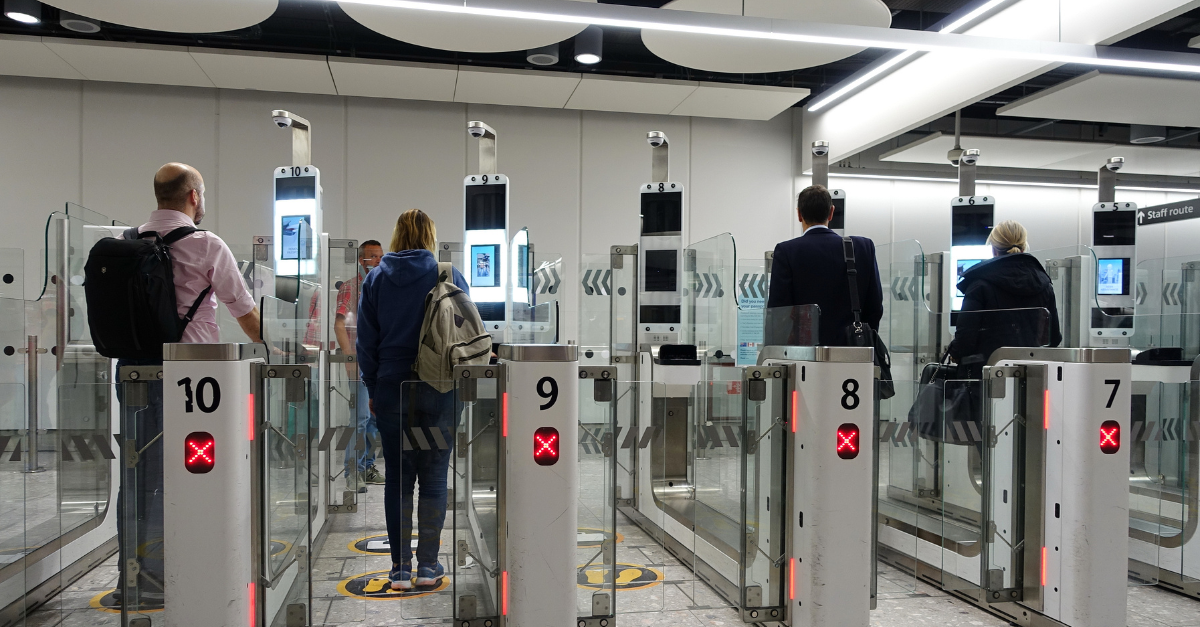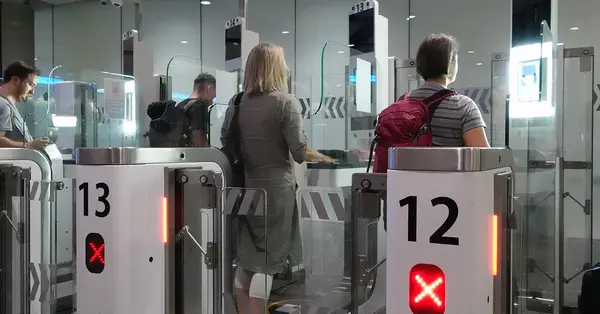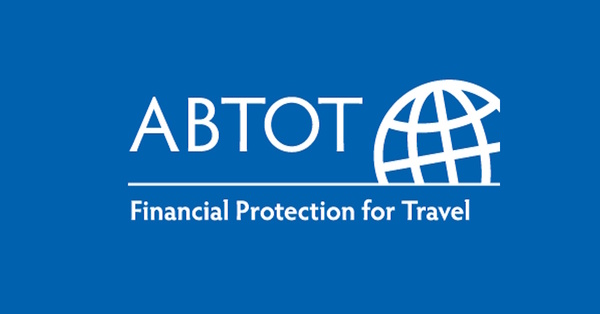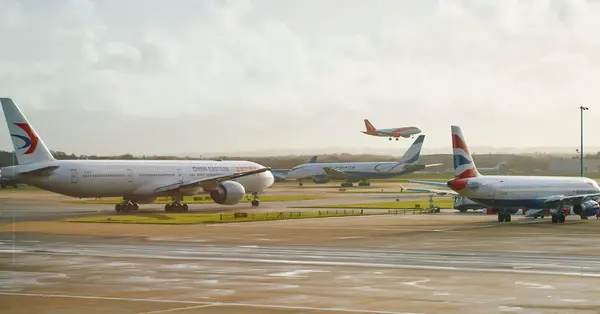You are viewing 2 of your 2 free articles
Lords committee warns of ‘major disruption’ due to new border systems
A House of Lords committee has warned of “major travel disruption unless the government acts quickly” due to rollout of the UK’s Electronic Travel Authorisation (ETA) scheme alongside the EU’s imminent launch of an Entry/Exit System (EES) and Electronic Travel Information and Authorisation System (ETIAS).
The Justice and Homes Affairs Committee of the Lords wrote to migration and border minister Tom Purslove today suggesting the changes “require more preparation” and warning of “border chaos”.
The letter, by committee chair Lord Foster of Bath, notes there is limited public awareness of the changes “and no real campaigns by either the EU or UK to alert people to what’s happening and provide information”.
It describes the timetable for implementing the changes as “extremely ambitious” and notes “a lack of coordination with the EU . . . with challenges and delays likely to arise if the rollout of the ETA clashes with the launch of the EES”.
The committee says introduction of a planned phone app for travellers to provide information in advance “is required urgently”.
More: Comment: New electronic border systems risk shocks
The letter queries “how useful ETA will be in improving border security”, noting “concerns about the loss of real time access to a crucial EU database and reliability of data provided by some countries”.
It notes the justification for requiring international transit passengers to have an ETA is “unclear” given its potential “to lead many travellers to choose alternative hub airports” to Heathrow.
And it highlights concern about the impact on cross-border tourism between the Irish Republic and Northern Ireland.
The letter notes “recent events such as the failure of e-gates illustrate the drawbacks of over-reliance of technology at the borders” and warns: “Frequent occurrences of problems risk undermining public confidence in management of the borders.”
It suggests: “New systems must be introduced with great care.”
The Committee argues “sufficient time should be allowed between phases [of introducing the UK ETA] to allow for resolution of issues such as helping digitally excluded people and fears of algorithmic bias” and it notes: “We are concerned that information about the ETA is currently only available in English.”
Regarding EU implementation of the EES, it warns: “In the absence of a smartphone application to capture in advance information (including facial image), there is a significant chance of serious delays.”
Lord Foster said: “We support the principle behind ETA, in particular the advanced collection of more information about short-stay visitors who are nationals of non-visa countries.
“However, we question whether the ETA can live up to its original objectives not least because of uncertainties about the quality of available data about visitors.
“We are concerned about the pace of change given the current inadequacies in the information, the potential disruption if the ETA for EU citizens and the EU’s own EES are introduced at the same time, and the lack of time to make changes in the light of experience from early stages of the rollout.”
He added: “We are not convinced that transit passengers should require an ETA, not least because of the significant economic impact it will have on Heathrow.
“The pace of change could undermine public confidence in border management. The government, Border Force and the public need to be ready and these changes need to be communicated as a priority.”
Lord Forster noted: “We’ve seen major disruption at Dover and Kent when there are delays at the border, and long queues at airports when systems are down. Planning for a gradual and well-coordinated implementation of the new schemes is vital.”
The committee’s report which accompanies the letter highlights a series of issues, noting: “We are alarmed by the lack of awareness of these changes . . . and by the government’s current inadequate approach to communicating details.”
A government spokesperson said: “The introduction of Electronic Travel Authorisation (ETA) is part of the digital transformation of the UK border system and enhances security by increasing our knowledge about those seeking to come to the UK and preventing the arrival of those who pose a threat.
“We will continue to work closely with the EU and member states, as well as wider stakeholders including global carriers and ports, to minimise any impact of the upcoming changes.”


















